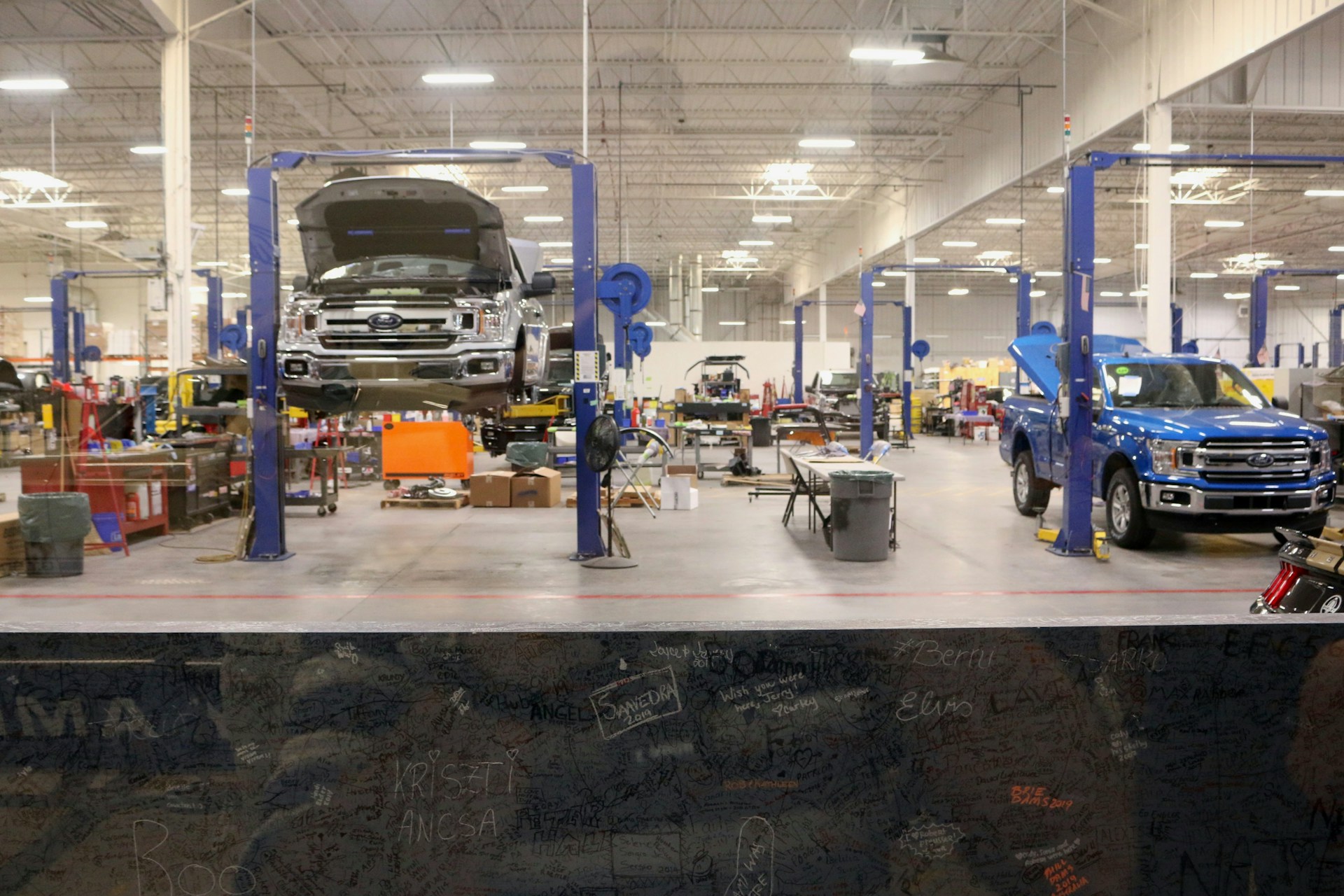Vehicle inspections are a critical part of maintaining road safety and environmental health. In New Jersey, these inspections ensure that vehicles meet the necessary standards for emissions and operational safety, reducing the likelihood of accidents and pollution. Understanding the process, requirements, and benefits of these inspections is essential for all vehicle owners.
Why Are Vehicle Inspections Important?
Regular vehicle inspections are not just about compliance with the law; they are about ensuring the safety of everyone on the road. Vehicles that fail to meet inspection standards can contribute to accidents, environmental damage, and even mechanical breakdowns.
In New Jersey, inspections focus on two primary aspects:
- Emissions Testing: To ensure the vehicle is not releasing excessive pollutants into the atmosphere.
- Safety Checks: To verify that essential systems like brakes, lights, and tires are functioning properly.
Both components work together to promote public health and road safety.
What Types of Vehicles Require Inspections?
In New Jersey, most passenger vehicles, including cars, trucks, and vans, are subject to inspection. Motorcycles, buses, and commercial vehicles may have additional or separate requirements depending on their use and specifications. New vehicles, less than five model years old, are generally exempt from inspections.
It’s important to check the New Jersey Motor Vehicle Commission (MVC) guidelines to confirm your specific vehicle’s inspection requirements.
The Vehicle Inspection Process
The vehicle inspection process in New Jersey is straightforward and typically involves the following steps:
- Prepare Your Documents
Ensure you have your driver’s license, vehicle registration, and proof of insurance ready before heading to the inspection station. - Initial Visual Inspection
The inspector performs a visual examination to check for obvious safety issues, such as broken headlights, worn tires, or damaged wipers. - Emissions Testing
Vehicles are tested to ensure their emissions meet state and federal environmental standards. Modern cars may undergo onboard diagnostics testing, while older models may require tailpipe testing. - Safety Checks
This includes testing brakes, steering, suspension, tires, and other essential components to ensure they function properly. - Certification
If the vehicle passes all tests, it receives an inspection sticker, valid for two years. If it fails, the owner must address the issues and return for reinspection.
Common Reasons Vehicles Fail Inspections
Vehicle inspection failures can be frustrating, but they are often preventable. Common reasons for failure include:
- Worn Tires: Tires with insufficient tread depth or damage are a safety hazard.
- Faulty Lights: Non-functioning headlights, brake lights, or turn signals are common culprits.
- Emissions Issues: Problems with the catalytic converter, oxygen sensors, or exhaust system can lead to failure.
- Brake Problems: Insufficient braking power or uneven braking performance can cause issues during safety checks.
Regular maintenance and pre-inspection checks can help reduce the chances of failure.
How to Prepare for Your Vehicle Inspection
Preparation is key to a successful vehicle inspection. Here are some tips:
- Schedule Routine Maintenance: Regularly servicing your vehicle, including oil changes, tire rotations, and brake inspections, can help identify and address issues early.
- Perform a Pre-Inspection Check: Ensure lights, wipers, and other visible components are in working order.
- Monitor Emissions: Keep an eye on dashboard warning lights related to emissions or engine performance. Addressing these promptly can prevent inspection failure.
One convenient way to maintain your vehicle is by using mobile oil change services. These services allow you to have your oil changed at home or work, saving time while ensuring your engine runs smoothly.
Alternatives to Traditional Inspection Stations
For those who prefer convenience, New Jersey offers private inspection facilities in addition to state-run stations. These facilities may provide faster service or additional diagnostic support.
Additionally, some vehicles, such as motorcycles and certain diesel-powered vehicles, require specialized inspections that may only be available at select locations.
What Happens If Your Vehicle Fails?
If your vehicle fails inspection, you’ll receive a report outlining the reasons for failure. You are then given a specified timeframe to make the necessary repairs and return for a reinspection.
During this period:
- Address the Issues: Work with a certified mechanic to resolve the problems.
- Retain the Inspection Report: This document is required for reinspection and provides guidance on the repairs needed.
Reinspections are free if completed within the allowed timeframe at a state-run facility.
The Role of Technology in Modern Inspections
Advancements in automotive technology have significantly improved the inspection process. Modern vehicles equipped with onboard diagnostic systems (OBD) can communicate directly with inspection equipment, making emissions testing faster and more accurate.
For vehicle owners, these advancements mean fewer surprises during inspections, as dashboard alerts often provide early warnings of potential issues.
Benefits of Regular Vehicle Inspections
- Enhanced Safety: Ensuring that all critical systems are functioning properly reduces the risk of accidents.
- Environmental Protection: Emissions testing helps minimize the vehicle’s environmental impact.
- Cost Savings: Identifying issues early can prevent costly repairs and extend the life of your vehicle.
- Legal Compliance: Staying up-to-date with inspections avoids fines and penalties associated with expired stickers.
Conclusion
Vehicle inspections in New Jersey are more than a legal requirement; they are a vital component of road safety and environmental stewardship. By understanding the process, preparing your vehicle, and addressing potential issues proactively, you can ensure a smoother inspection experience.
Whether it’s through routine maintenance, using services like mobile oil change, or addressing emissions concerns, taking care of your vehicle benefits both you and the community. Prioritize safety, follow the guidelines, and enjoy peace of mind knowing your vehicle meets all necessary standards.
